Related Research Articles

A conscientious objector is an "individual who has claimed the right to refuse to perform military service" on the grounds of freedom of conscience or religion. The term has also been extended to objecting to working for the military–industrial complex due to a crisis of conscience. In some countries, conscientious objectors are assigned to an alternative civilian service as a substitute for conscription or military service.

The Friends' Ambulance Unit (FAU) was a volunteer ambulance service, founded by individual members of the British Religious Society of Friends (Quakers), in line with their Peace Testimony. The FAU operated from 1914 to 1919, 1939 to 1946 and 1946 to 1959 in 25 countries. It was independent of the Quakers' organisation and chiefly staffed by registered conscientious objectors.

The testimony of peace is the action generally taken by members of the Religious Society of Friends (Quakers) for peace and against participation in war. Like other Quaker testimonies, it is not a "belief", but a description of committed actions, in this case to promote peace, and refrain from and actively oppose participation in war. Quakers' original refusal to bear arms has been broadened to embrace protests and demonstrations in opposition to government policies of war and confrontations with others who bear arms, whatever the reason, in the support of peace and active nonviolence. Due to this core testimony, the Religious Society of Friends is considered one of the traditional peace churches.

Military service is mandatory both in the Republic of Cyprus and Northern Cyprus. In the Greek-speaking South, it is mandatory for all male citizens and controversially also some non-citizens to serve in the Cypriot National Guard for 14 months. An alternative civilian service for conscientious objectors is possible, lasting 19 months. In the Turkish-speaking North, military service lasts between 12 and 15 months, while no alternative civilian service is recognized and conscientious objectors face imprisonment.
Archibald McColl Learmond Baxter was a New Zealand socialist, pacifist and conscientious objector.
Katsuki James Otsuka was a Nisei Japanese American Quaker who was jailed as a conscientious objector during World War II, and later became a war tax resister.
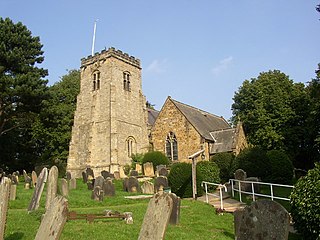
Scalby, a village on the north edge of Scarborough, North Yorkshire, England, is part of the civil parish of Newby and Scalby. From 1902 to 1974, Scalby was an urban district in the North Riding of Yorkshire.
Quaker Peace & Social Witness (QPSW), previously known as the Friends Service Council, and then as Quaker Peace and Service, is one of the central committees of Britain Yearly Meeting of the Religious Society of Friends – the national organisation of Quakers in Britain. It works to promote British Quakers' testimonies of equality, justice, peace, simplicity and truth. It works alongside both small local and large international pressure groups.
Conscientious objection to military taxation (COMT) is a legal theory that attempts to extend into the realm of taxation the concessions to conscientious objectors that many governments allow in the case of conscription, thereby allowing conscientious objectors to insist that their tax payments not be spent for military purposes.
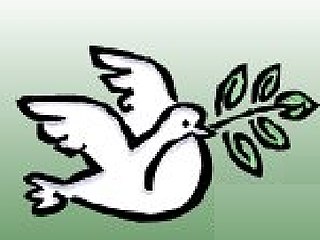
Nontheist Quakers are those who engage in Quaker practices and processes, but who do not necessarily believe in a theistic God or Supreme Being, the divine, the soul or the supernatural. Like traditional Quakers, also known as Friends, nontheist Friends are interested in realizing peace, simplicity, integrity, community, equality, love, joy, and social justice in the Society of Friends and beyond.
Michael Hotham Rowntree was a British journalist and social campaigner. He was involved with Oxfam for 60 years, serving as chairman between 1971 and 1977 and Chair Emeritus from 1991.

Arnold Stephenson Rowntree was a Quaker and Liberal MP for York, England.
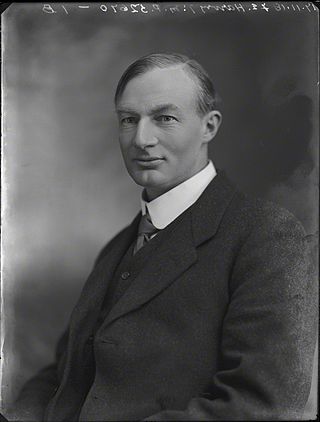
Thomas Edmund Harvey, generally known as Ted or Edmund Harvey, was an English museum curator, social reformer and politician. He sat in Parliament, first as a Liberal and later as an Independent Progressive. He was also a prolific writer on Christianity and the role and history of the Society of Friends.
Stephen Henry Hobhouse was an English peace activist, prison reformer, and religious writer.
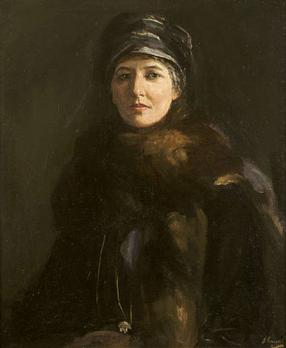
Marian Emily Cripps, Baroness Parmoor was a British anti-war activist.
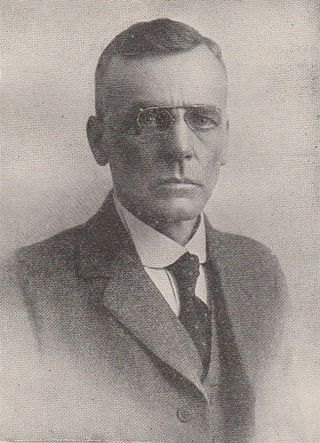
John Henry Barlow, widely called "the outstanding Quaker statesman of his generation", was an ambassador for peace in the war years and clerk of London Yearly Meeting for seven years. He was the person who most held the Society together at a taxing moment in its history. He was one of the first members of the Friends' Ambulance Unit. Later he served 23 years as the first secretary and general manager of the Bournville Village Trust. In 1920 he led a delegation to Ireland to look into the Black and Tans atrocities.

The Richmond Sixteen were a group of "absolutist" British conscientious objectors during the First World War. Conscripted into the British Army in 1916, they refused to undertake even non-combatant military duties. Brought together at Richmond Castle, Yorkshire, most not knowing each other previously, they were transported to France, where they were court-martialled and formally sentenced to be executed by firing squad, but this sentence was immediately commuted to ten years' penal servitude. They were released in April 1919, several months after the Armistice of 11 November 1918 and a few weeks before the signing of the Treaty of Versailles.
Maria, the youngest daughter of Quaker John Rowntree, a grocer in Scarborough, and Jane Priestman.
Rosa Waugh Hobhouse (1882–1971) was a British social worker and pacifist, who vigorously campaigned for a negotiated end to World War I. She was also a poet, a prolific author and teacher. Described by Sylvia Pankhurst as a ‘Quaker with a mystic temperament’. she spent much of her early adult life living and working among the poor of London’s East End. She wanted a society based on egalitarian principles which had no divisions on the basis of gender, race, class or nation. Towards this goal, Rosa Hobhouse, along with the social activist Mary Hughes and the social reformer Muriel Lester, entered into voluntary poverty as an example of how society could be modelled freed from the constraints and inequalities of class.

Eric Barry Wilfred Chappelow was an English poet and conscientious objector during the First World War. His arrest and harsh treatment during four months of imprisonment garnered support from prominent people in Britain, including Chappelow's connections within the literary community. A campaign for his release was supported by Bertrand Russell, W. B. Yeats, and George Bernard Shaw. His arrest and the treatment were highlighted in the House of Commons by the Liberal MP Philip Morrell.
References
- ↑ "Edith M Ellis". The men who said No. Peace Pledge Union. Retrieved 8 April 2020.
- 1 2 Graham, John William (1922). Conscription and conscience; a history, 1916-1919. London: George Allen & Unwin. pp. 161, 166, 167. OCLC 1042539796 . Retrieved 8 April 2020.
- ↑ Kennedy, Thomas C. (2001). British Quakerism, 1860-1920: The Transformation. Oxford University Press. pp. 347–360. ISBN 0198270356.
- 1 2 "History". The Edith M Ellis 1985 Charitable Trust. Retrieved 8 April 2020.
- ↑ "Heritage & Lifestyle". Wrea Head Hall. 11 September 2019. Retrieved 8 April 2020.
- ↑ "Charity overview". Charity Commission. The Charity Commission for England and Wales. Retrieved 10 April 2020.